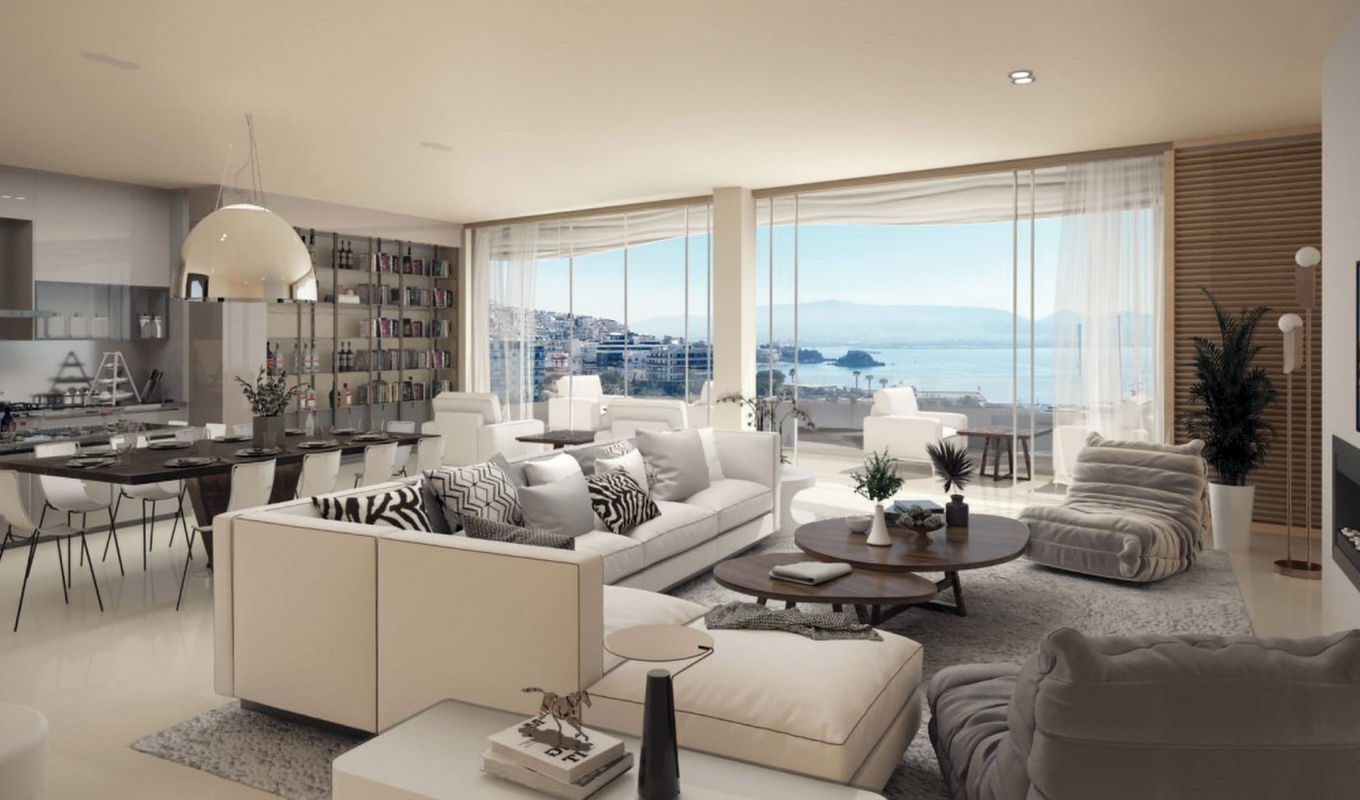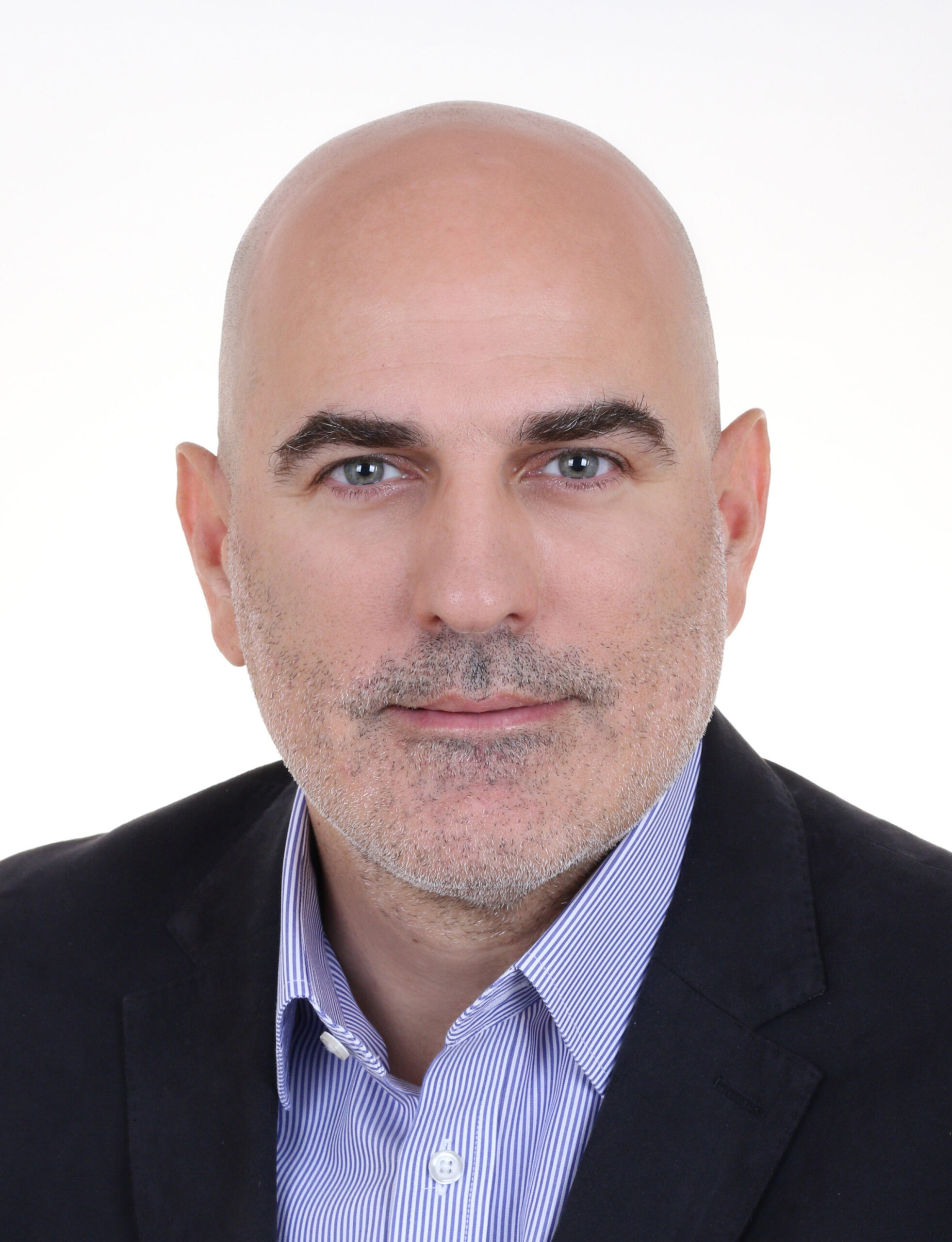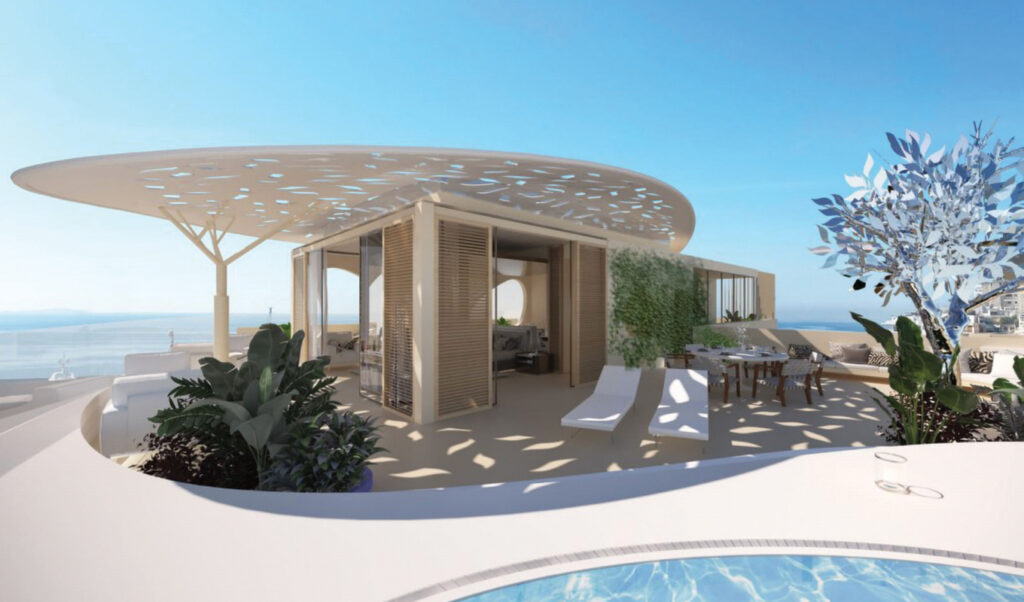The countdown for the official opening of the impressive hospitality venue “Wyndham Residences Piraeus Marina Zeas” has begun, marking not only the debut of the international hotel giant Wyndham Hotel & Resorts in Piraeus, but also the confirmation of a new, promising trend for the Greek tourism market: luxury yet affordable accommodation. Right above Marina Zeas, 72 luxury full-service apartments spanning 4,300 sq.m. are preparing to welcome their first visitors from December, at prices that are surprisingly reasonable compared to the quality of services they provide.
Read: Mark Zuckerberg’s sister Randi comes to Santorini – What Elli Spyropoulou tells parapolitika.gr (Photos)
First Wyndham “Ramada Residences” in Greece opens spring 2026 in Halkidiki
This is the most significant investment being implemented before year-end, with total costs exceeding €25 million, followed by the first “Ramada Residences” by Wyndham in Greece – a new investment completing in spring 2026 in Halkidiki with 150 tourist residences. The common denominator of these new constructions is the absolute contrast that transforms luxury hospitality into an economically accessible product. In other words, something like mid-range branded residences.

“In recent years, travelers want more from their accommodation. Better living standards, professional management, recognizable brand names, and all of this to be economically viable. Additionally, beyond those in higher income brackets, we observe that middle-income earners are now seeking accommodation in a hospitality model that can combine the stability of an international brand with the functionality, design, and value-for-money that modern travelers demand,” Vassilis Themelidis, Regional Director for Southern and Eastern Europe at Wyndham Hotels & Resorts, tells “MP” of Parapolitika. But what happens from the other side? How can such demand benefit entrepreneurs and investors? “Investors are looking for business models with larger target audiences and demand stability. At Wyndham, we see the development of branded residences as an evolving trend, and as a strategic direction,” he responds, emphasizing that this shift wasn’t accidental. It happened precisely because there’s a need, and consequently demand. “The concepts of ‘affordable’ and ‘quality’ are no longer conflicting.”
The middle class seeking this hospitality model is estimated to increase by 150 million people over the next two years
Considering Wyndham’s moves in recent years, one realizes it’s taking the lead, being the first hotel group to recognize this new trend and proceed with immediate construction. “Through brands like Wyndham or Ramada, we brought this model to markets where the concept of branded residences was non-existent. Today, we have the largest branded residences portfolio in Central and Eastern Asia, with strong presence in countries like Georgia and dynamic development in India, where the middle class seeking this model is estimated to increase by 150 million people over the next two years,” he explains.

Midscale and upper midscale branded residences expected to grow significantly by 2031
Referencing the latest branded residences report by Graham Associates, V. Themelidis emphasizes that midscale and upper midscale branded residences are expected to grow significantly by 2031, covering 36% of total market volume, up from today’s 25%. This is why Wyndham, with its presence in emerging and rapidly developing markets like India, the Middle East, and Southern Europe, finds itself at the center of this momentum. The question that arises here is how he views Greece in this trend’s competition.
“I believe Greece has a distinctive position in this new developmental landscape taking shape in the hospitality sector. Zeus International Hotels & Resorts with the pioneering ‘Wyndham Athens Residences’ in the city center introduced the idea to the Greek market in 2019, and now several new projects are underway, like the first ‘Wyndham’ in Piraeus.” However, as he points out, the name alone isn’t enough. “The trust a brand inspires is no longer about prestige, but functional reliability,” he clarifies, saying that travelers are increasingly prioritizing construction quality, professional management, and proven services. “Daily consistency and management experience that can last decades are required. Here, hotel groups have an advantage that’s hard to replicate. They build communities, not just properties.”
Essentially, mid-range branded residences are the natural evolution of a mature real estate and hospitality environment. “They’re by no means a substitute for luxury. They’re a different product, with different philosophy, but equally strong value. And if we’ve learned anything in recent years, it’s that ‘middle’ doesn’t mean mediocre. It means flexible, stable.”
Published in Money Pro of Parapolitika




